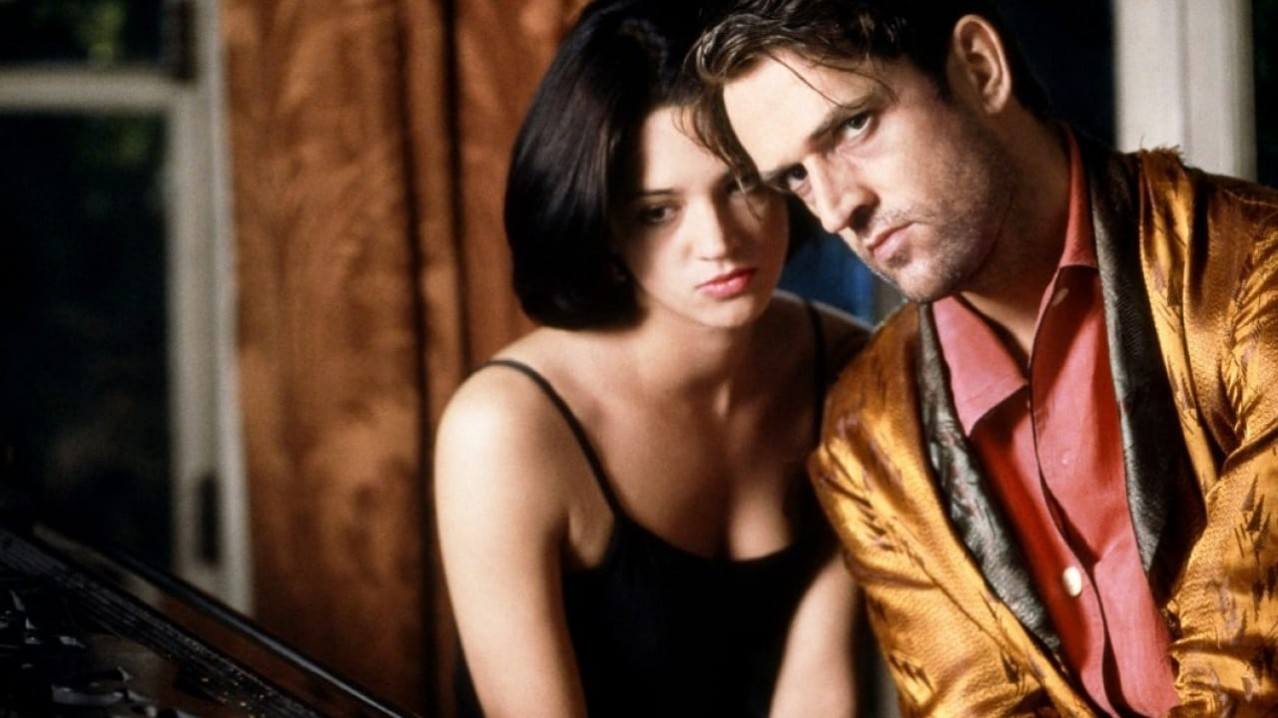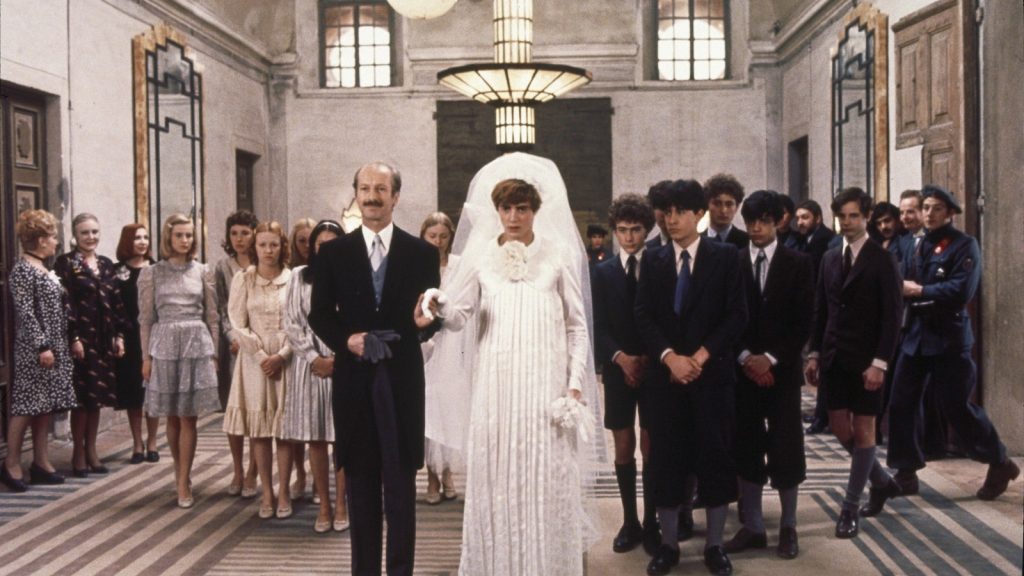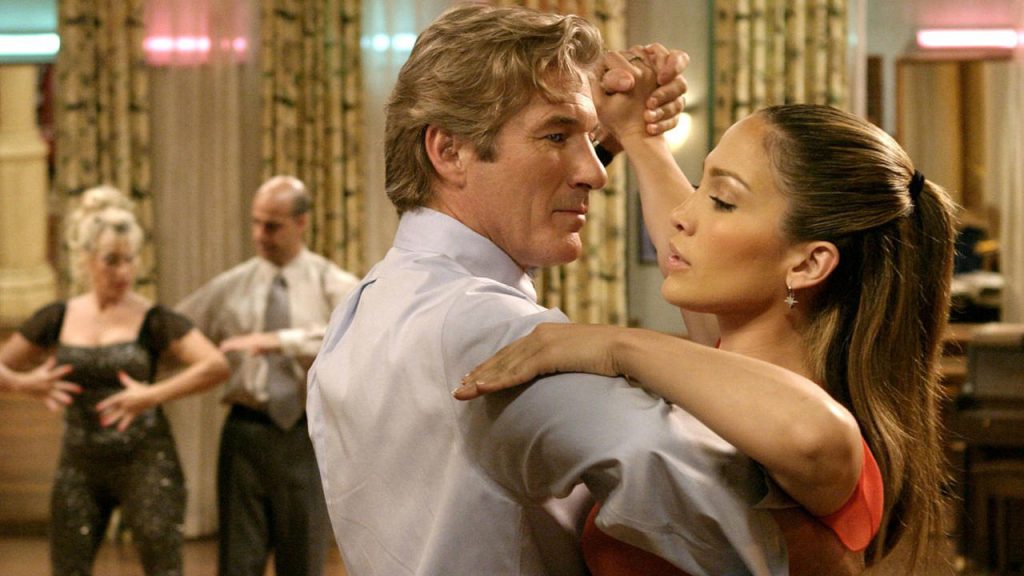Welcome to Harvey’s Hellhole, a monthly column devoted to spotlighting the movies that were poorly marketed, mishandled, reshaped, neglected or just straight-up destroyed by Harvey Weinstein, during his reign as one of the most powerful studio chiefs in Hollywood. This month, we talk about a pulpy, romantic bomb starring an actress who unfortunately became another one of Weinstein’s predatory pursuits.
I knew, at some point, I had to talk about B. Monkey.
It’s a movie I’m sure a lot of people who worked on it would very much like to forget. This is not just because the movie turned out really bad. It’s also because Asia Argento, the movie’s star, was sexually assaulted by Harvey Weinstein.
In case you don’t remember the story, Argento said that, in 1997, one of Weinstein’s producers invited her to a Miramax party at the Hôtel du Cap-Eden-Roc, on the French Riviera. Argento, who just finished shooting Monkey in London, felt obligated to attend. When she got to the hotel room, there was nobody there but Weinstein. After showering her with praise (and asking her to give him to a massage), Argento said Weinstein forced oral sex on her. She repeatedly told him to stop, but reluctantly gave in and hoped it would end soon. “I was not willing,” she told the New Yorker’s Ronan Farrow. “I said, ‘No, no, no.’ . . . It’s twisted. A big fat man wanting to eat you. It’s a scary fairy tale.”
For some years after the incident, Argento said she and Weinstein had a very complicated friendship. They had several consensual hookups (Argento called them “one-sided” and “onanistic”), mainly because she felt Weinstein would ruin her career if she didn’t. She did get back at him in a way: She recreated the assault in her 2000 directorial debut Scarlet Diva, in a scene where the main character (played by Argento) gets cornered by a heavyset producer in a hotel room. (This time, Argento gets to run away.) According to Argento, Weinstein took it all in jest: “Ha, ha, very funny,” he told her. Weinstein’s predatory nature seemed to have rubbed off on Argento; a year after she told of her assault, it was reported that she sexually assaulted a young actor when he was 17, secretly arranging to pay him off to keep quiet.
With all this public knowledge out there in the ether, it may be difficult to watch Monkey, a movie that’s already unwatchable. Released 22 years ago this month, this tale of dangerous romance — based on Andrew Davies’s 1992 novel — was plagued with trouble even before filming began. Michael Caton-Jones (This Boy’s Life, Rob Roy) was scheduled to direct, but left due to that ol’ favorite, “creative differences.” Years later, when women finally began speaking out against Weinstein, Caton-Jones joined in with his side of the story: he wanted to cast future Hotel Rwanda co-star/Oscar nominee Sophie Okonedo in the titular role, but Weinstein rejected the idea, saying the actress wasn’t “fuckable.” Caton-Jones then told him, “‘Don’t screw up the casting of this film because you want to get laid,’ whereupon he went mental.”
Weinstein eventually kicked Caton-Jones to the curb, replacing him with Michael Radford, who scored several Oscar nods (and one win) for Weinstein with the 1995 foreign-film hit Il Postino: The Postman. Radford also brought in Argento, the daughter of giallo maestro Dario Argento, who was getting a rep in her Italy homeland as an acclaimed, award-winning actress.

Argento is all chain-smoking spunk as Beatrice, also known as graffiti-tagging thief B. Monkey. (“They call me that because I can get into anything,” she says in her opening voice-over.) She gets out of the life when she starts dating Alan (Jared Harris), a mild-mannered Londoner who lives in a houseboat, works as a schoolteacher by day, and plays jazz records as a hospital DJ at night (which I did not know was a thing in the U.K.).
Even though Alan is smitten by this self-proclaimed “mad fuck,” it’s clearly a toxic romance. She can’t seem to separate herself from her wild ways and her wilder associates, like her unhinged partner-in-crime (a shrieking Jonathan Rhys-Meyers) and their drug-dealing buddy (Rupert Everett, witty and wasted). Hell, things don’t even get off on the right foot sexually for the pair, as Alan can’t seem to perform the first couple of times Beatrice gets him in bed.
If it wasn’t for all the post-production nonsense, Monkey would’ve been Argento’s first, official English-language film (that honor goes to Abel Ferrara’s New Rose Hotel, released in 1998). It wrapped up principal photography in late 1996, but couldn’t make the following year’s international film-fest rounds due to reshoots. (The Associated Press captured one of those reshoots on video.) By the time it premiered at the London Film Festival in November 1998, the film, which was originally supposed to clock in at 115 minutes, was whittled down to 94.
Although Radford once called the post-production process “collaborative,” the hideous editing makes it clear that Harvey Scissorhands took a machete to this film, excising scenes and stitching everything together in a choppy, cruddy fashion. And I’m just gonna go out on a limb and say anytime Argento is topless or full-on nude (and she’s topless and nude a lot), that’s a reshoot. Her nude scenes practically verge on the fetishistic. (We get not one, but two scenes of Argento butt-bald-nekkid in a tub, getting bathed by Harris.) They serve no purpose to the story, other than the fact that they’re titillating — and possibly demanded by a higher-up.
Even without the clunky pacing and hella gratuitous nudity, Monkey is still a pitiful, lame-ass attempt at being both carnal and criminal. Screenwriters Chloe King (daughter of erotic-thriller icon Zalman King) and Michael Thomas (The Hunger, Ladyhawke) tone down the trigger-happy skeeviness of Davies’ novel (Beatrice was more murderous in the book) and turn out a flimsy, cringeworthy, British neo-noir where the most implausible thing is the awkward pairing of Harris and Argento’s lovebirds.
When it finally got to the States, the reviews were mixed and it barely made $40,000 at the box office. In fact, it was one of many Miramax titles — anybody remember Holy Smoke? Outside Providence? eXistenZ? — that crashed and burned that year. Out of all those flops, B. Monkey deserves its dismal reception the most. It’s a film that appears to have only been made so Harvey Weinstein could exploit Asia Argento physically and sexually. Twenty years later, his reign of terror finally ended when she and many other women came forward and told their stories of sexual abuse and harassment.
Thanks for getting that monkey off all our backs, ladies.
B. Monkey is available to rent or buy on Amazon Prime Video, Google Play and YouTube.



